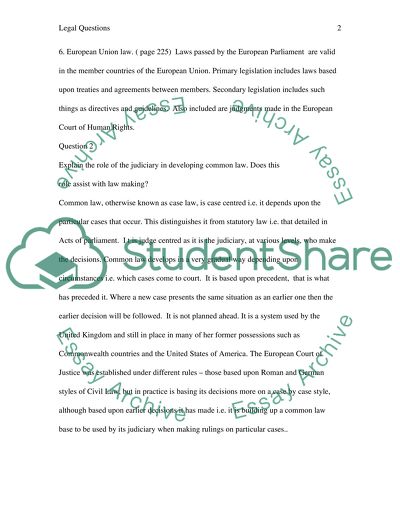Cite this document
(“Law Making in the UK Essay Example | Topics and Well Written Essays - 1500 words”, n.d.)
Retrieved from https://studentshare.org/environmental-studies/1411033-law-making-in-the-uk
Retrieved from https://studentshare.org/environmental-studies/1411033-law-making-in-the-uk
(Law Making in the UK Essay Example | Topics and Well Written Essays - 1500 Words)
https://studentshare.org/environmental-studies/1411033-law-making-in-the-uk.
https://studentshare.org/environmental-studies/1411033-law-making-in-the-uk.
“Law Making in the UK Essay Example | Topics and Well Written Essays - 1500 Words”, n.d. https://studentshare.org/environmental-studies/1411033-law-making-in-the-uk.


